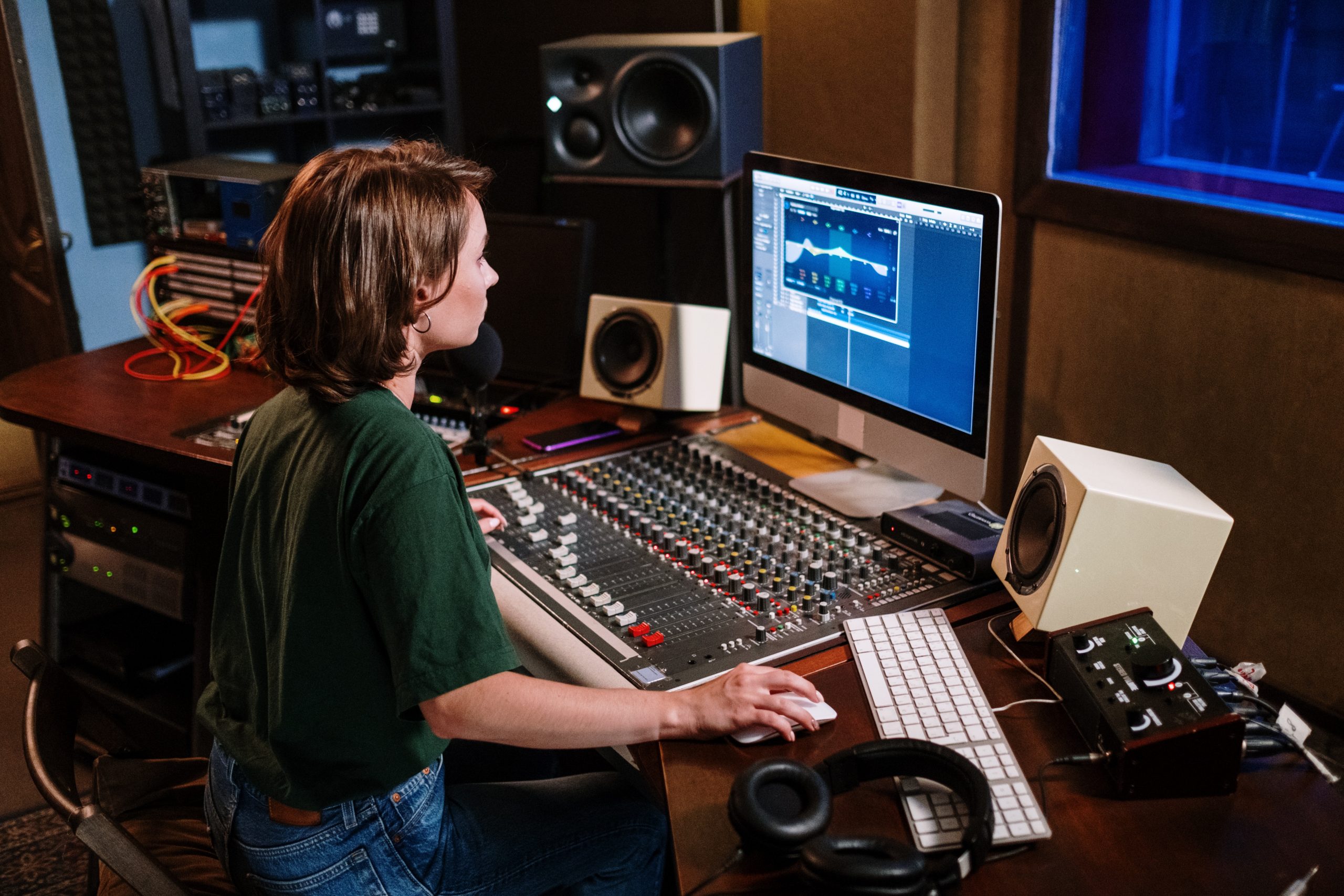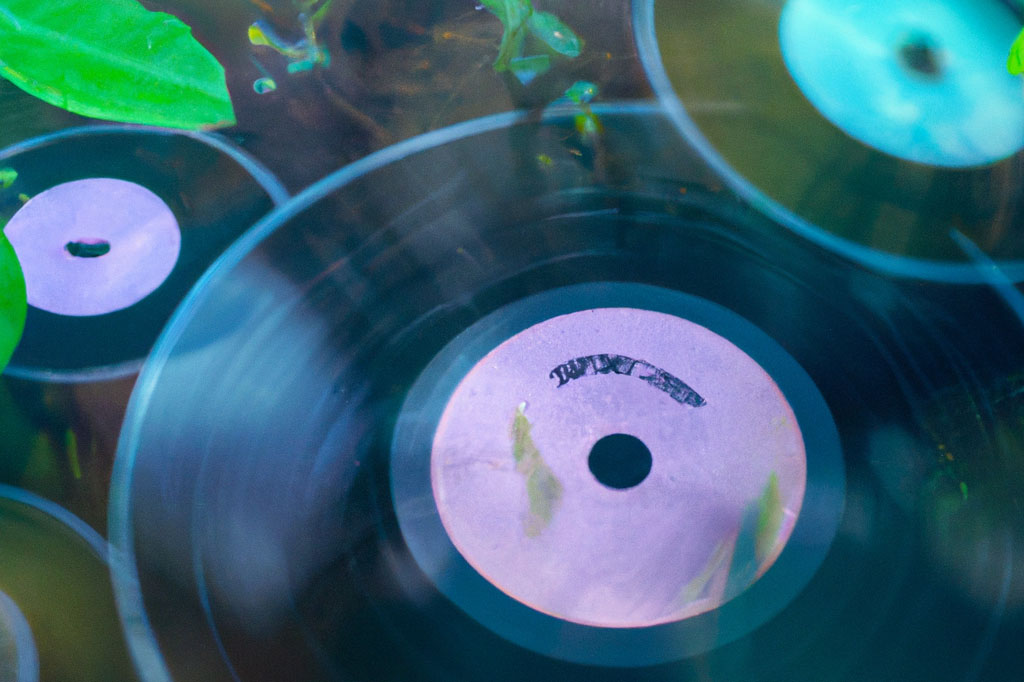5 Smart Ways To Get Paid As A Music Producer
Being a self-employed music producer can sometimes be a bit of a grey area. You have to pay your own taxes, insurance and expenses that an employer is usually responsible for.
However, it is definitely a testament to your hard work that you managed to turn your passion into your full-time job. Therefore, you should never underestimate your skills and undercharge.
Here is a guide on how you should charge your clients so that there are no issues when they have to pay up.
Get a percentage of the royalties
If you’re a songwriter or a music producer, you should get points on the project or a percentage of the royalties. These are usually pre-agreed, and the points are then passed on to the publisher or the performing rights organisation (PRO).
Charge a project fee
A pre-agreed project fee is usually the way to go to avoid leaving things to chance. Projects can drag on. Therefore, having a pre-agreed fee that takes into account the maximum time you are willing to spend on the project ensures there are no surprises when push comes to shove.
Charge a per-song fee
Charging a per-song fee rather than a project fee ensures that the artist won’t add an extra song at the last minute to make the most of the money they are spending.
The per-song fee should include any possible revisions and any extra bits that you’re anticipating the artist might add. As you gain more experience as a music producer, you usually start gauging how much time a song takes you to record.
Also, not all songs are created equal. So make sure you have an open and honest conversation about how many instruments the artist is including, how much detail they require and so on.
Charge a daily or an hourly rate
This arrangement is usually the safest option as it ensures that all parties know what they’re getting into. For example, if you end up spending an extra day on vocals or mixing, you can rest assured that you’ll get paid for the extra time you’re spending on the project. It also stops the artist from recording any extra or unnecessary takes.
Charging on a case-by-case basis
There’s no one-size-fits-all payment strategy for music projects. If you’re just starting out as a music producer or working with friends, you might want to give them a discount. Therefore, your payment structure can be a combination of all payment methods outlined in this article.
Try to keep things as simple as possible and track all your payments using an Excel sheet or online accounting software. Above all, make sure you are compensated for your work!






